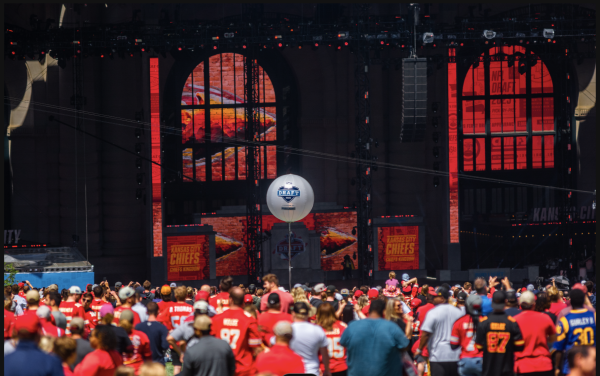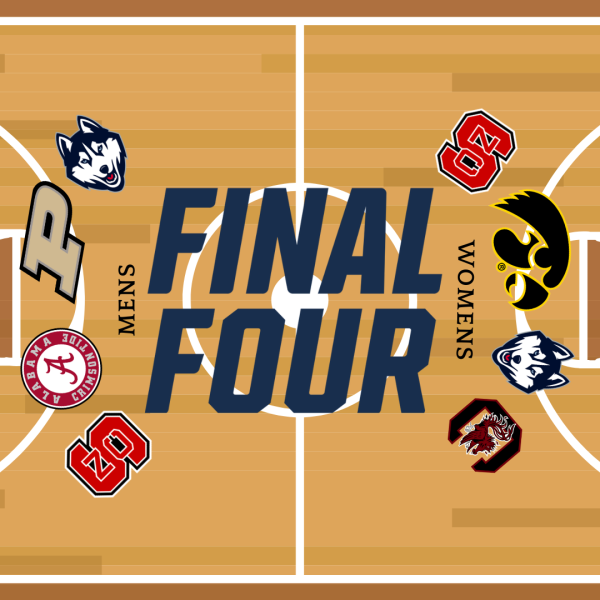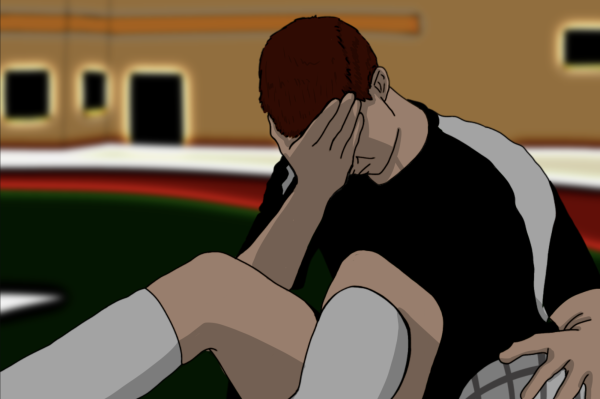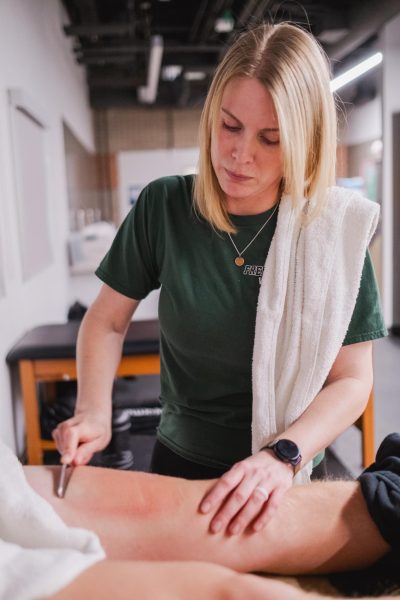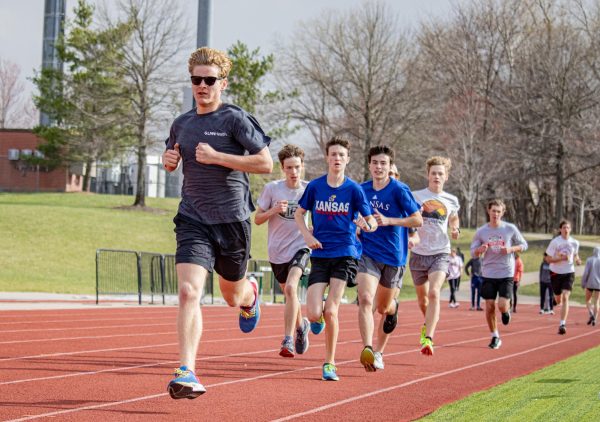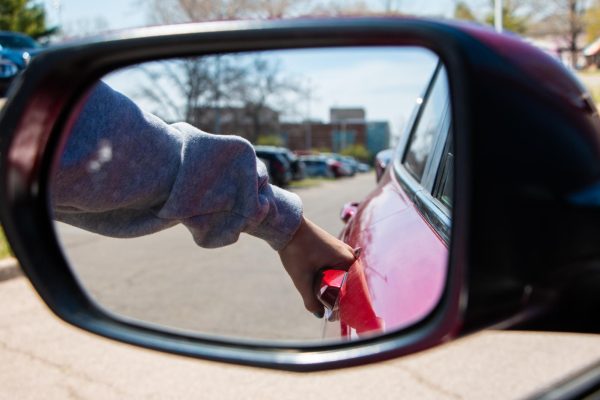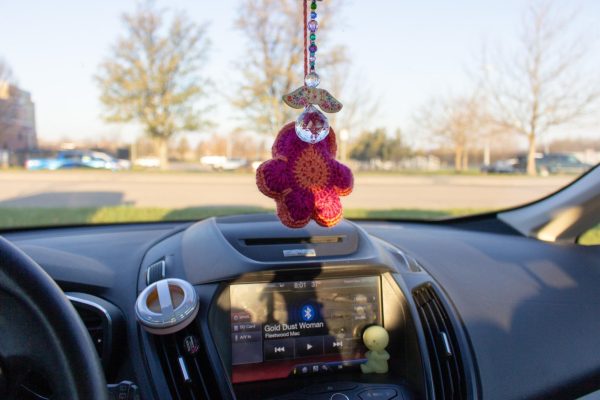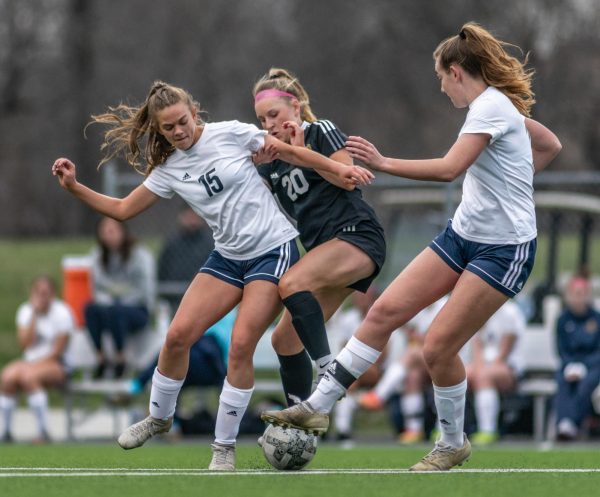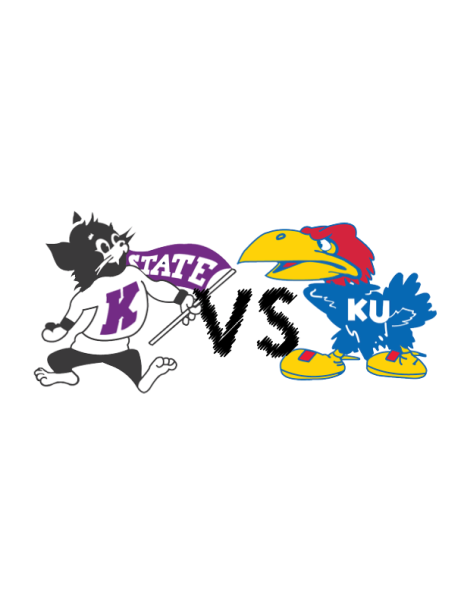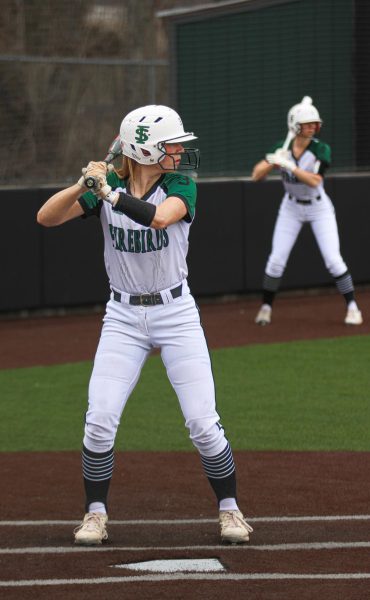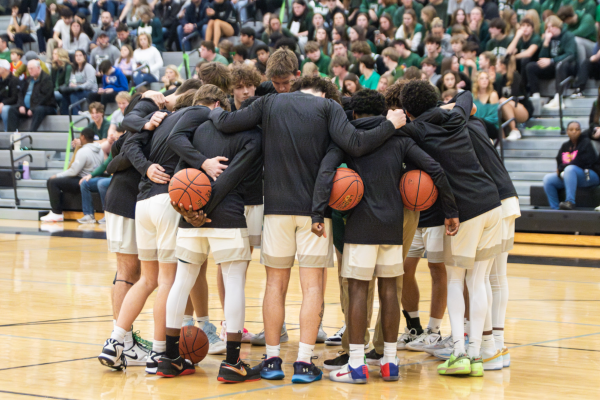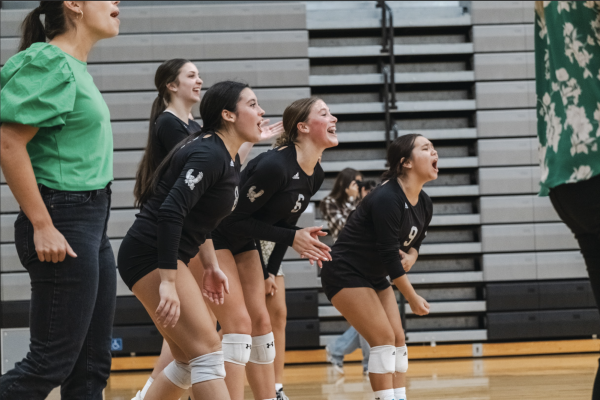High school and club team commitment varies
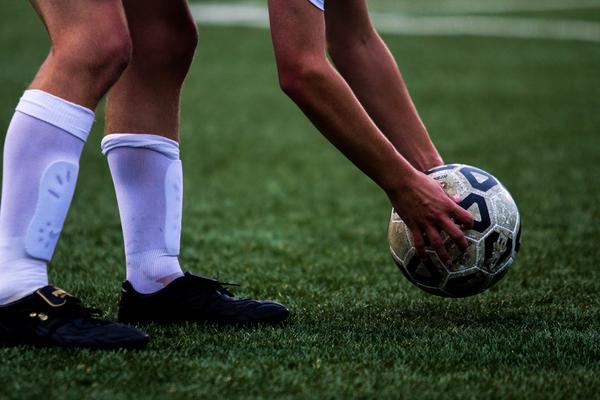
Varsity soccer player places the ball for a penalty kick at a home game during the fall season.
Surrounded by friends, junior Peyton Brown feels the adrenaline course through her. Her softball teammates huddle close in the dugout, surveying the opposing team as they prepare for competition.
For many student athletes, their high school season is just a small part of their year-round dedication.
Swimmer sophomore Carter Stacey finds a distinct difference between playing club and playing for high school.
“Club is a lot harder, and people are a lot more serious.” Stacey said. “High school’s more fun, … And it’s more social.”
No longer enjoying the strenuous obligations, Stacey took a two year hiatus from her club training. Although she no longer participated in year round competition, Stacey swam for the high school team in the 2014 season. Even though the training was not as rigorous as her club practices, she finished the season with state-qualifying times.
“I had so much fun swimming high school (that) it kind of motivated me to work harder and come back (to club),” Stacey said.
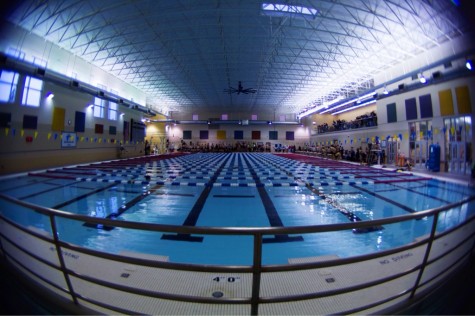
After ten years of playing soccer for a club team, freshman Sam Six noticed a difference in the way people play for high school.
“I think more people are more excited or play harder for high school ‘cause you have something to play for,” Six said. “You’re representing something instead of playing just to play.”
Senior Sydney Moreano retired her club jersey as her motivation for playing year-round dwindled.
“I wasn’t interested in doing volleyball in college, and (club volleyball is) a lot of money, and it’s a lot of time and traveling to not be playing on the next level … so I stopped,” Moreano said.
Although she won’t pursue volleyball after graduation, she decided to continue playing for her last high school season.
“It just didn’t really seem worth it for me to play volleyball my whole life and then stop my last year as a kid,” Moreano said.
Like Moreano, Brown didn’t play her sport year round either, but not of her own accord. She was forced to take a break from softball for a couple months after an injury interfered in her life.
“I tore my ACL over the summer, actually playing softball,” Brown said. “I’ll be out for the fall, but I’ll be back for the school season.”
Many student athletes struggle to find a happy balance between school and sports. Moreano found it difficult to commit time to her studies because she was traveling for tournaments, practicing late at night and staying up late to finish the work that volleyball forced her to miss.
While club and year-round sports consume a lot of time, many student athletes believe that their athletic success is due in part to year-long commitment.
While Brown believes that even people who have never played softball could at least make it to C-team, solely seasonal play may make it more difficult to compete at a higher level.
“If you play year round, you’re practicing more and you’re faster,” Brown said.
Six agrees.
“Probably most of the people who play on JV or Varsity play year round,” Six said.
While juggling the additional obligations can be difficult, being on a team often fosters memorable friendships. In fact, just riding on the bus to games is one of Moreano’s favorite parts of her sport.
“The friendships you make are irreplaceable,” Moreano said.
Although high school sports can be invaluable learning experiences, some athletes admit that a lot of their basic skills were the result of playing year round as children.


